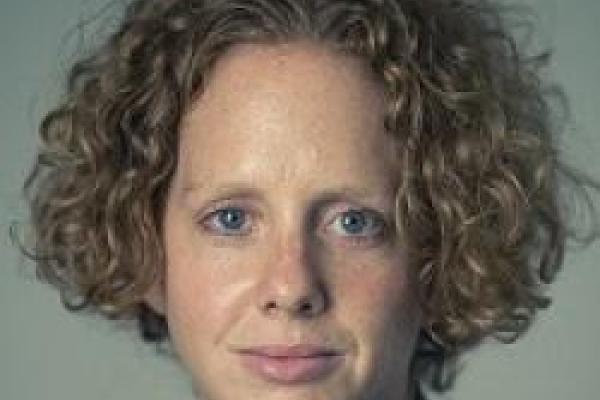
Abstract
In recent years, the violent crime rate has dropped to near record lows. At the same time, there has been an explosion in the number of private citizens who obtain a license to carry a concealed firearm in public. There are now nearly eight million people with concealed carry permits nation-wide, and yet little is known about how they think about crime, threat, and self-defense. An analysis of in-depth interviews with 36 concealed handgun license holders in Texas suggests that while concealed-carry instructors explain threat in ostensibly race-neutral, colorblind language, license holders themselves utilize racialized and classed understandings of crime as they navigate public spaces. As this research makes clear, the way that license holders think about crime and victimization, including differences in how men and women explain threat, is a critical component in understanding the social implications of an armed citizenry.
Lecturer
Dr. Angela Stroud, Assistant Professor of Sociology and Social Justice at Northland College, states "I grew up in South Texas, ten miles from Reynosa, Mexico, and seventy miles from the gulf. When I was young, my family and I would cross the border into Mexico for shopping or to go to restaurants, and we would witness profound poverty. Of course the U.S. side had a great deal of inequality too, and it didn't take a sociology degree to see that race and social class were deeply tied. As I grew older, I became aware of how other boundaries-around gender and sexuality-are also tied to power. As an undergraduate, at a college much like Northland, I encountered sociology courses taught by engaged, dynamic, and passionate professors. I began to develop a language for understanding our social world, and started to see that race, class, and gender are intertwined concepts that are profoundly influential in our lives. I soon knew what I wanted to spend the rest of my life doing: trying to understand our world as a sociologist and teaching sociology to college students.
I teach courses in the sociology of gender, human rights and social justice, race and racism, and the sociology of culture. My research focuses on how meanings around whiteness and masculinity circulate in American culture. I'm currently working on a book that examines how race, class, and gender shape people's desire to obtain permits to carry concealed firearms in public places. In my research and my teaching, I am centrally concerned with illuminating how inequality and privilege emerge at the intersections of race, class, and gender."
